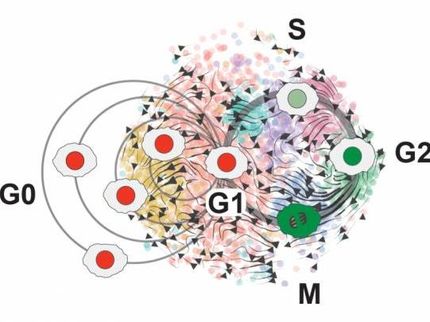Genmab Announces Multiple Myeloma Antibody Program
Advertisement
Genmab A/S announced its new HuMax®-CD38 program for the treatment of multiple myeloma. HuMax-CD38 is a human IgG1,k antibody selected from a large panel of antibodies based on its ability to bind and to kill multiple myeloma tumor cells. The HuMax-CD38 antibody targets the CD38 molecule which is very highly expressed on the surface of multiple myeloma cells.
In preclinical studies, HuMax-CD38 was effective in killing primary multiple myeloma tumor cells and a range of tumor cell lines by triggering two immune system killing mechanisms: Antibody-Dependent Cellular Cytotoxicity (ADCC) and Complement Dependent Cytotoxicity (CDC). In animal models using sensitive bioluminescence imaging, treatment with HuMax-CD38 slowed tumor growth in both preventive and therapeutic settings in SCID mice. These are mice with a deficient immune system, in which human tumor cells can grow.
Multiple myeloma is a cancer of plasma cells and accounts for approximately 1% of all cancers. The incidence of multiple myeloma is 5.2 per 100,000 people corresponding to 15,270 new cases in the US in 2004. In the US, approximately 11,000 deaths each year are related to multiple myeloma. At present, no cure is available, and the mean survival is approximately 3 years from time of diagnosis.
Other news from the department science
Most read news
More news from our other portals
See the theme worlds for related content
Topic world Antibodies
Antibodies are specialized molecules of our immune system that can specifically recognize and neutralize pathogens or foreign substances. Antibody research in biotech and pharma has recognized this natural defense potential and is working intensively to make it therapeutically useful. From monoclonal antibodies used against cancer or autoimmune diseases to antibody-drug conjugates that specifically transport drugs to disease cells - the possibilities are enormous

Topic world Antibodies
Antibodies are specialized molecules of our immune system that can specifically recognize and neutralize pathogens or foreign substances. Antibody research in biotech and pharma has recognized this natural defense potential and is working intensively to make it therapeutically useful. From monoclonal antibodies used against cancer or autoimmune diseases to antibody-drug conjugates that specifically transport drugs to disease cells - the possibilities are enormous



























































